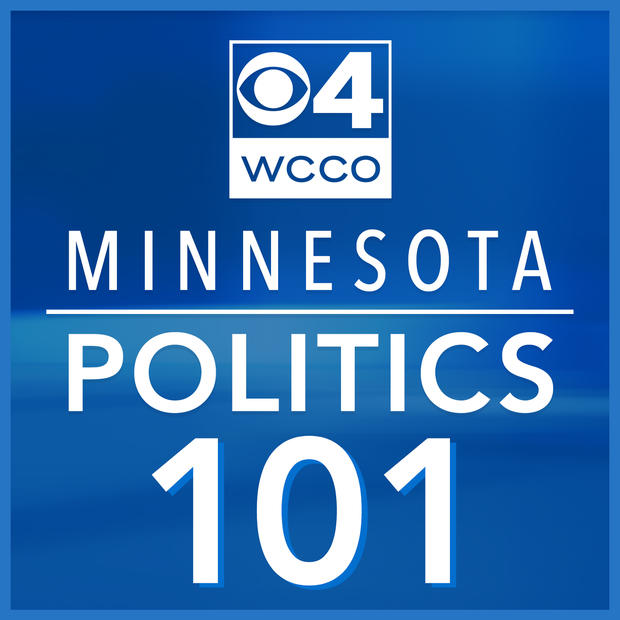Can We Trust Election Polls?
MINNEAPOLIS (WCCO) -- In the week before Nov. 8, 2016, many of the polls showed Hillary Clinton ahead. After a win by Donald Trump, that had some questioning whether they should even trust polls anymore.
When asked if that sentiment was correct, Rob Daves, the director of the Minnesota Poll for 20 years, said, "Yes and no."
He says the 2016 national polls were as accurate as they've been since 1936. According to Real Clear Politics, the average of the national polls had Clinton winning by 3.2 percentage points. She ended up winning the popular vote by 2.1.
"At the state level, and particularly in the Midwest, it was an entirely different matter," says Daves.
He says some state pollsters didn't catch a last-minute skirt towards Trump, and some pollsters didn't properly account for the education level of the respondents in their polls.
WEB EXTRA: WCCO Election Guide 2018
Big polls usually survey between 800 and 1,200 people, so pollsters have to use statistics to weigh the results. Daves says in some of the state polls, pollsters did properly weigh the fact that people with college degrees were more likely to answer their polls.
Pollsters also reach people by phone by randomly calling numbers, which allows them to reach landlines and cellphones.
Daves says he has three guidelines for voters when they read polls. The first thing he asks is if the polls are transparent, and tells people how they're polling and what they're asking. The second thing he recommends is ignoring poll results that are outliers compared to other polls. Finally, he suggests people look at the aggregates of the polls by going to websites like 538 or Real Clear Politics.
When asked if people in 2018 should trust the polls, Daves says, "That's a great question. We've learned a lesson, at least I hope the state pollsters have."




